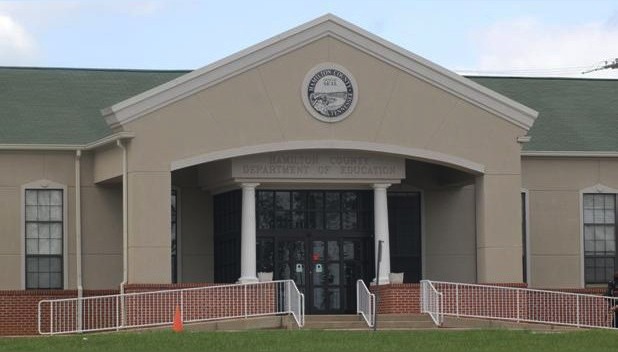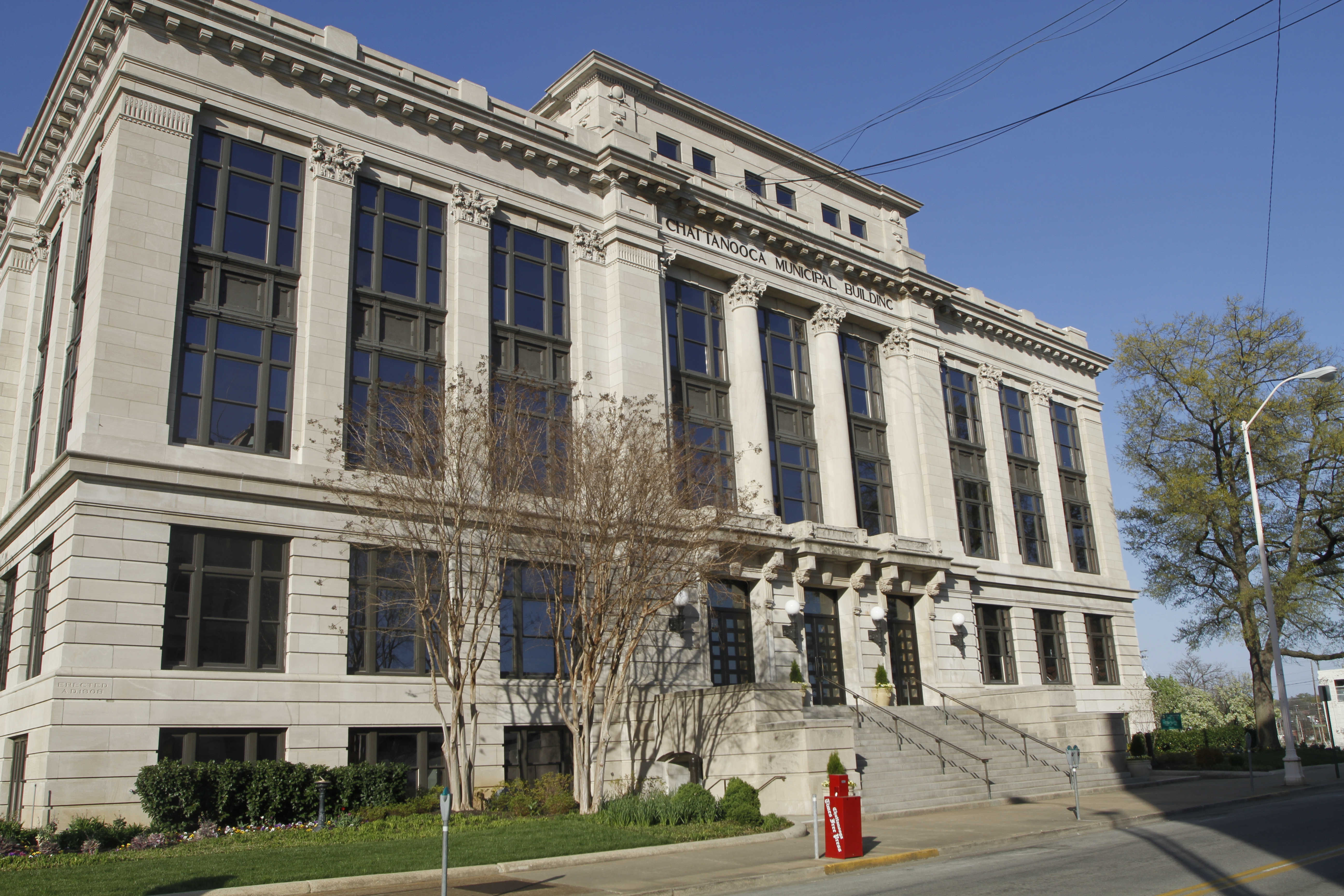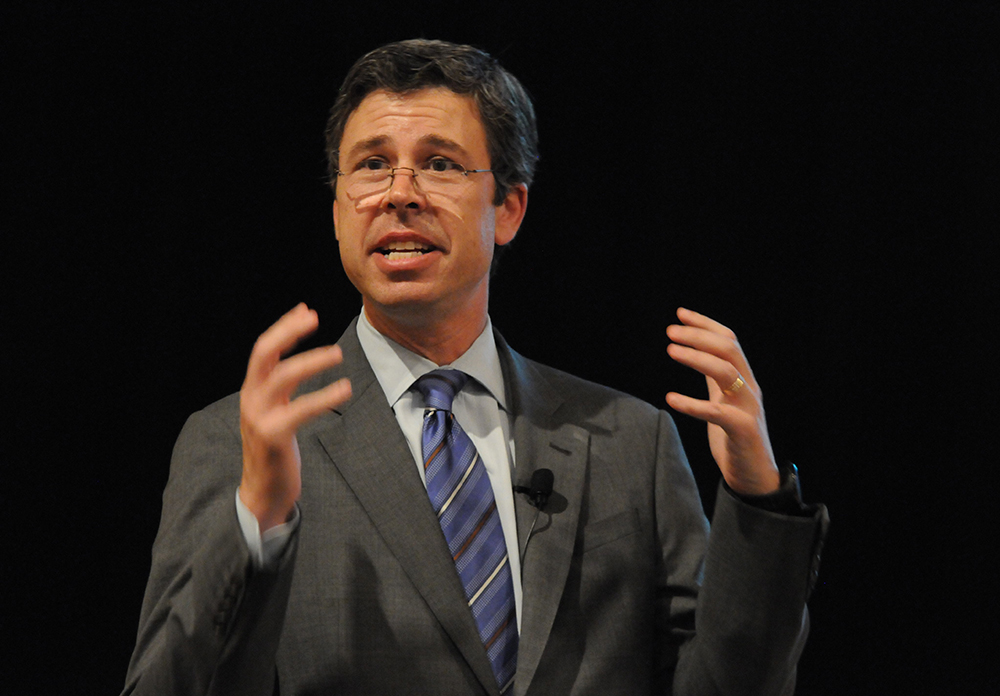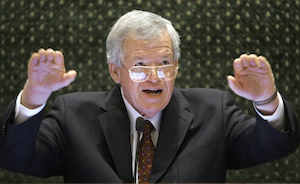Hamilton County Schools, Chattanooga dig in on liquor tax debt
Sunday, March 23, 2014
When Mayor Andy Berke took office last spring, his administration stopped making payments on a legally required tax to the county school system that the previous administration had started to pay.
And when the Berke administration started repaying in November, it began withholding stormwater fees for the first time in years from the school system's checks. That move -- which Tennessee's attorney general says is unacceptable -- cost the schools $132,000.
That's on top of the $11 million owed in liquor taxes that went unpaid from 1998 to 2012 -- a span of three city administrations.
Berke's staff publicized efforts six months ago to make reparations for the millions that previous administrations failed to pay.
But records show that since taking over, his administration has withheld more than a half-million dollars as it worked to find an alternative to paying the full bill. Meanwhile, school officials said, the city's multimillion-dollar tab and potential judgment in a pending court fight grew by the month.
Emboldened by a recent attorney general's opinion, the school board voted 8-1 on Thursday to sue the city for the full $11.7 million it says is owed. Board members say they had no other choice but to go to court after talks fell through with the city.
"They're stealing from children," said school board member David Testerman. "It's plain and simple."
City officials blame the school system for walking away from negotiations. And City Council Chairman Yusuf Hakeem said the school system needs to work out some kind of compromise.
"My thought is with the [attorney general's] opinion or without it, they are talking about our children in the city and the county," said Hakeem, who personally petitioned Superintendent Rick Smith to negotiate down the debt. "And I think they should be mindful of that and be willing to find a solution that is good for both parties."
Education officials say the tax revenue would go a long way toward addressing budget shortfalls. They have a backlog of deferred maintenance projects that tops $200 million, a list of new school buildings they say need to be built and an ambitious plan to upgrade technology. For his part, Berke has worked to reduce spending on the city's pension obligations, yet he has touted his focus on youth development and educational efforts.
But despite having some common goals, the two sides seem to be at an impasse.
Hakeem said he'd like to see council and board members get together with city and school administrators to work out some kind of agreement.
"And I would hope that in such a meeting, they don't come in with the mindset that they've got all the cards in their hands," he said. "Because you're talking about the taxpayers who pay most of the school funding anyway. So I think they should be willing to work out a deal."
But City Councilman Larry Grohn said the city needs to pay what's owed. A lawsuit would mean expending even more cash -- for the city and the school system.
"We ought to say OK, we've been wrong all these years," Grohn said. "It's not our problem, but we're the ones that should address it."
"This city has an obligation, and we have a mayor pushing the importance of education."
Berke's administration doesn't see it the same way.
Travis McDonough, Berke's chief of staff, said the city worked for months to come to an agreement. They had offered to support the school system in various ways, including a transfer of the former Poss Homes site near the Howard School, a $500,000 check to help start an early childhood center and a portion of the North River YMCA property.
"We did everything we could to collaborate with them," he said.
•••
When the former county and city school systems merged in 1998, Chattanooga's local sales tax rate was 2.25 percent, a half-cent higher than the countywide rate. The city says it gave half the extra money to the county schools, to the tune of $58 million, between 1998 and 2004. But it also was supposed to give half its annual liquor-by-the drink tax revenue to the school system.
By law, half the sales tax collected at the countywide rate goes to schools. When the county and other cities raised their local sales taxes to match Chattanooga's, the city lost the advantage of that extra half-cent. Along the way, apparently officials forgot about the liquor tax revenues.
It went undiscovered until former Mayor Ron Littlefield's administration, which started making payments in February 2013, according to school system records.
School officials notified Berke of the previous oversight before he was sworn in. Yet after taking office in April, his administration halted the liquor tax payments.
McDonough said halting the payments was mutually agreed upon, while officials worked out a deal.
At first, school officials seemed amenable to the agreement.
"We got some things we needed. And we also got the tax straightened out," school board Chairman Mike Evatt said in September.
City Attorney Wade Hinton spelled out the terms of an agreement in a letter that he drafted and sent to Smith for him to sign and send back to the mayor.
"I appreciate the city's willingness to work with HCDE and I look forward to continuing to partner with you," the letter stated.
But school officials never formally agreed to the deal, and Smith said he would need approval from the school board in order to do so.
The school system then sought clarification from the state attorney general's office on several issues, such as whether it is entitled to waive or negotiate down the liquor tax debt.
That opinion, released on Feb. 26, said that county school boards can't waive any past-due liquor taxes. Attorney General Robert Cooper said there is no statute of limitations on the fees, and municipalities can't offset the costs with local-option sales tax revenue. But, Cooper wrote, municipalities don't have to pay it back all at once -- they may agree on a payment plan.
The school system views that opinion as proof positive that the city must pay the whole amount owed. But McDonough said last week before the board's vote that Cooper's finding was just one lawyer's opinion.
The liquor tax issue has spiraled to statewide importance, as at least 15 other cities across the state owe school systems shares of liquor tax revenue. Last week, the Bradley County Commission moved to pay the $120,000 it owes to the Bradley County and Cleveland school systems.
Once Chattanooga started liquor tax payments late last year, it began withholding about $30,000 a month in stormwater fees, which the previous city administration had not required schools to pay.
But doing so only furthered ill feelings between the two agencies.
"These actions, quite frankly, galvanized the opinion of certain board members against any compromise with the city whatsoever," Smith wrote in a March 3 letter to Berke.
Smith had tried to communicate directly with Berke, but said he only heard back from his chief of staff. The superintendent said he's still willing to talk with the mayor, but not his staff.
Thursday, after the school board agreed to sue, he said he's still willing to talk.
But school board member Donna Horn said the board is not willing to back down.
"We deserve that money. The schools deserve that money. We need to get it, and they need to pay it," she said. "They can't blow it off. It's not going to go away."
Contact staff writer Kevin Hardy at khardy@timesfreepress.com or 423-757-5249.
Contact staff writer Joy Lukachick at jlukachick@timesfreepress.com or 423-757-6659.




